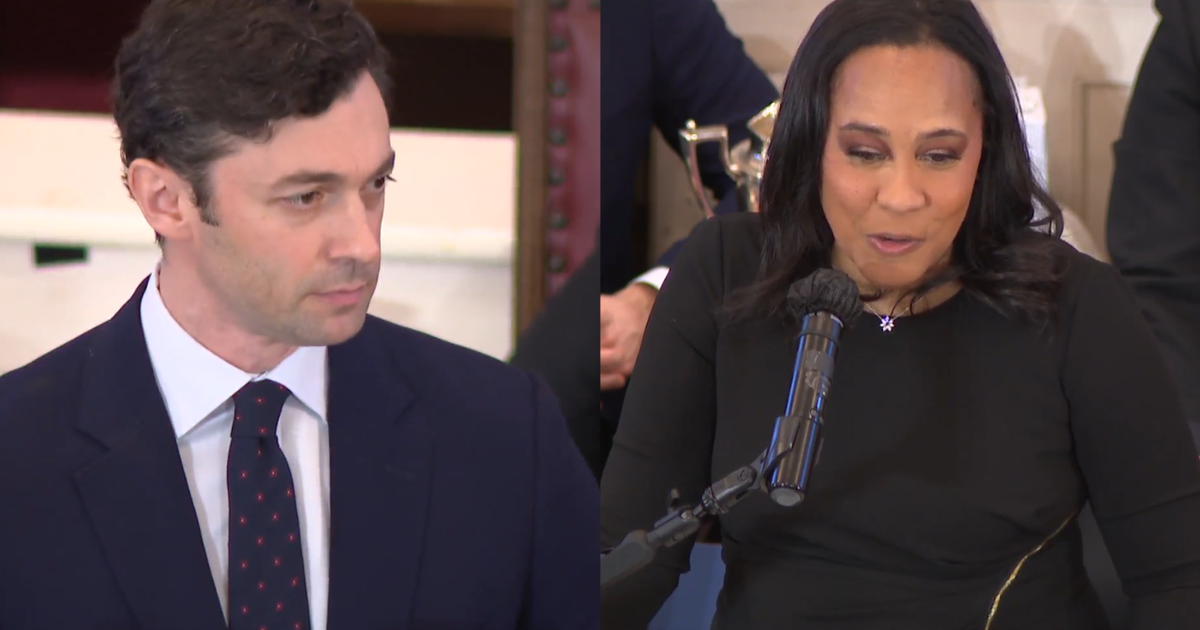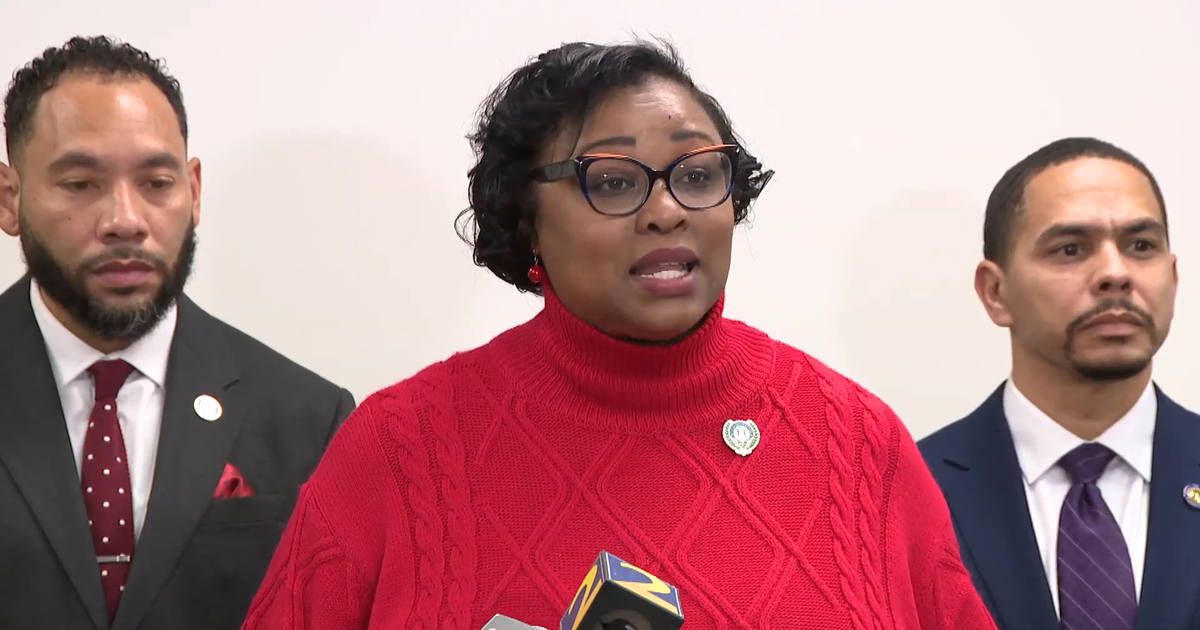Britain's Boris Johnson resigning as Prime Minister amid scandal
LONDON (AP) — Prime Minister Boris Johnson announced his resignation Thursday amid a mass revolt by top members of his government, marking an end to three tumultuous years in power in which he brazenly bent and sometimes broke the rules of British politics.
Months of defiance ended almost with a shrug as Johnson stood in 10 Downing Street and conceded that his party wanted him gone.
"Them's the breaks," he said.
The brash, 58-year-old politician who took Britain out of the European Union and steered it through COVID-19 and the war in Ukraine was brought down by one scandal too many — this one involving his appointment of a politician who had been accused of sexual misconduct.
The messiest of prime ministers did not leave cleanly. Johnson stepped down immediately as Conservative Party leader but said he would remain in office as prime minister until the party chooses his successor. But many in the party want him gone before then, and his government has been shredded by scores of resignations.
Among the possible candidates to succeed him: former Health Secretary Sajid Javid, former Treasury chief Rishi Sunak, Foreign Secretary Liz Truss and Defense Secretary Ben Wallace.
Johnson had clung to power for two days, defiantly telling lawmakers on Wednesday that he had a "colossal mandate" from voters and intended to get on with the business of government.
But he was forced to concede defeat Thursday morning after one of his closest allies, newly appointed Treasury chief Nadhim Zahawi, publicly told him to resign for the good of the country.
"In the last few days, I tried to persuade my colleagues that it would be eccentric to change governments when we're delivering so much and when we have such a vast mandate," Johnson said outside his office. "I regret not to have been successful in those arguments, and of course it's painful not to be able to see through so many ideas and projects myself.''
The timetable for choosing a new prime minister will be announced next week, Johnson said.
"It is clearly now the will of the parliamentary Conservative Party that there should be a new leader of that party and therefore a new prime minister," he said.
Zahawi, who was promoted earlier this week as Johnson tried to shore up his Cabinet, said he and a group of colleagues had privately expressed their concerns to the prime minister on Wednesday and he decided to go public after Johnson ignored the advice to resign.
"I am heartbroken that he hasn't listened and that he is now undermining the incredible achievements of this government," Zahawi said in a letter posted on Twitter. "But the country deserves a government that is not only stable but which acts with integrity."
Thursday morning's resignations meant that 50 Cabinet secretaries, ministers and lower-level officials had quit the government over two days, often castigating the prime minister for his lack of integrity.
With more than 20 positions unfilled, the crisis had stalled the business of some parliamentary committees because there were no ministers available to speak on the government's behalf.
It is a humiliating defeat for Johnson, who not only pulled off Brexit but was credited with rolling out one of the world's most successful mass vaccination campaigns to combat COVID-19.
But the perpetually rumpled leader known for greeting critics with bombast and bluster was also dogged by criticism that he acted as if the rules did not apply to him.
He managed to remain in power for almost three years, despite allegations that he was too close to party donors, that he protected supporters from bullying and corruption allegations, and that he misled Parliament about government office parties that broke pandemic lockdown rules. He was fined by police and survived a no-confidence vote in Parliament.
Recent disclosures that Johnson knew about sexual misconduct allegations against a Conservative lawmaker before he promoted him to a senior position in government proved to be one scandal too many.
The crisis began when Chris Pincher resigned as deputy chief whip amid allegations that he had groped two men at a private club. That triggered a series of reports about past allegations leveled against Pincher.
Johnson tried to deflect criticism with shifting explanations about what he knew and when he knew it, but that just highlighted concerns that the prime minister couldn't be trusted.
Javid and Sunak resigned within minutes of each other Tuesday night, triggering a wave of departures among their Cabinet colleagues and lower-level officials.
Javid captured the mood of many lawmakers when he said Johnson's actions threatened to undermine the integrity of the Conservative Party and the British government.
"At some point we have to conclude that enough is enough," he said Wednesday in the House of Commons. "I believe that point is now."
Bernard Jenkin, a senior Conservative Party lawmaker, told the BBC he met with Johnson later in the day and advised him to step down.
"I just said to him, 'Look, it's just when you go now, and it's how you go. You can go with some dignity or you can be forced out like Donald Trump clinging to power and pretending he's won the election when he's lost,'" Jenkin said.







